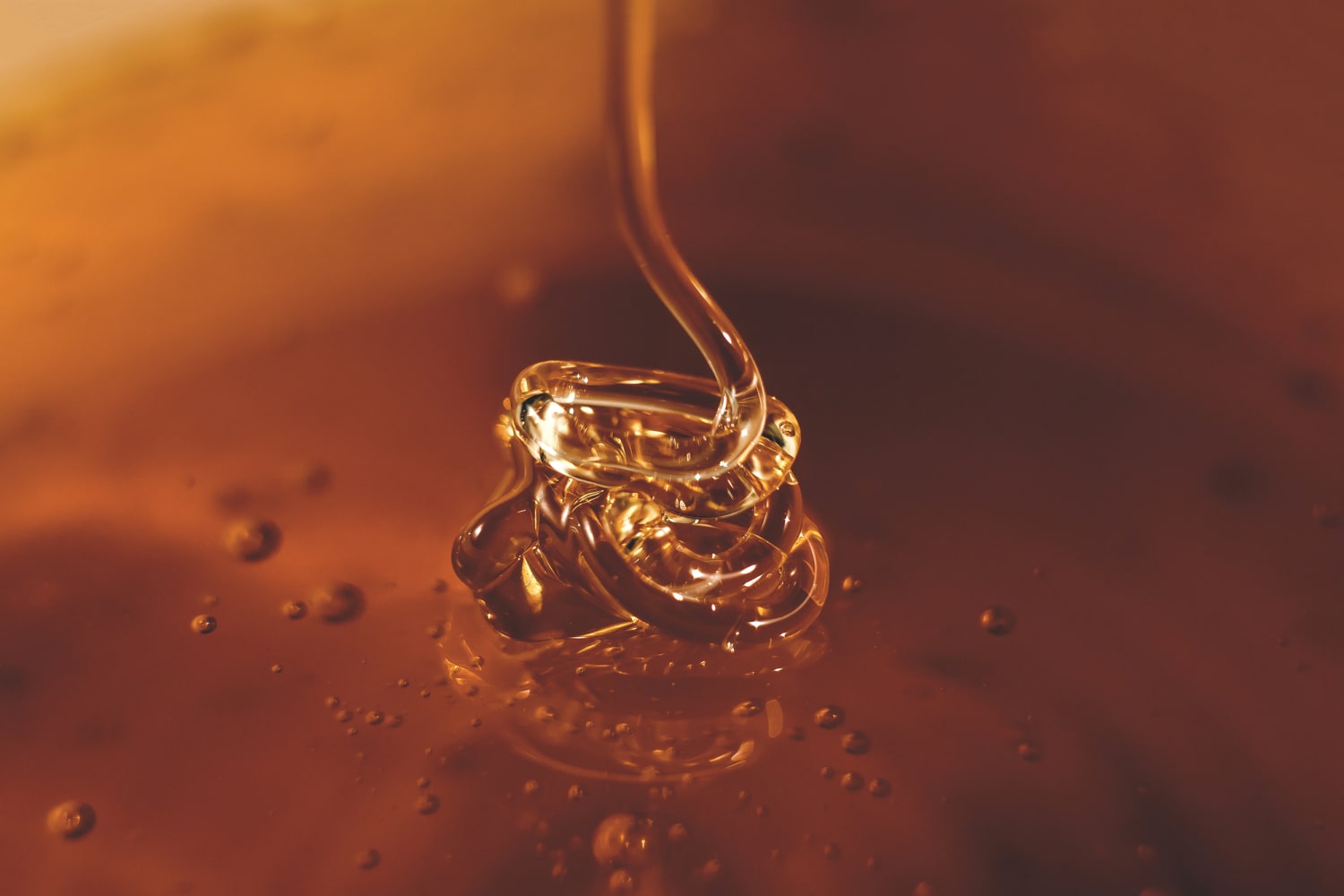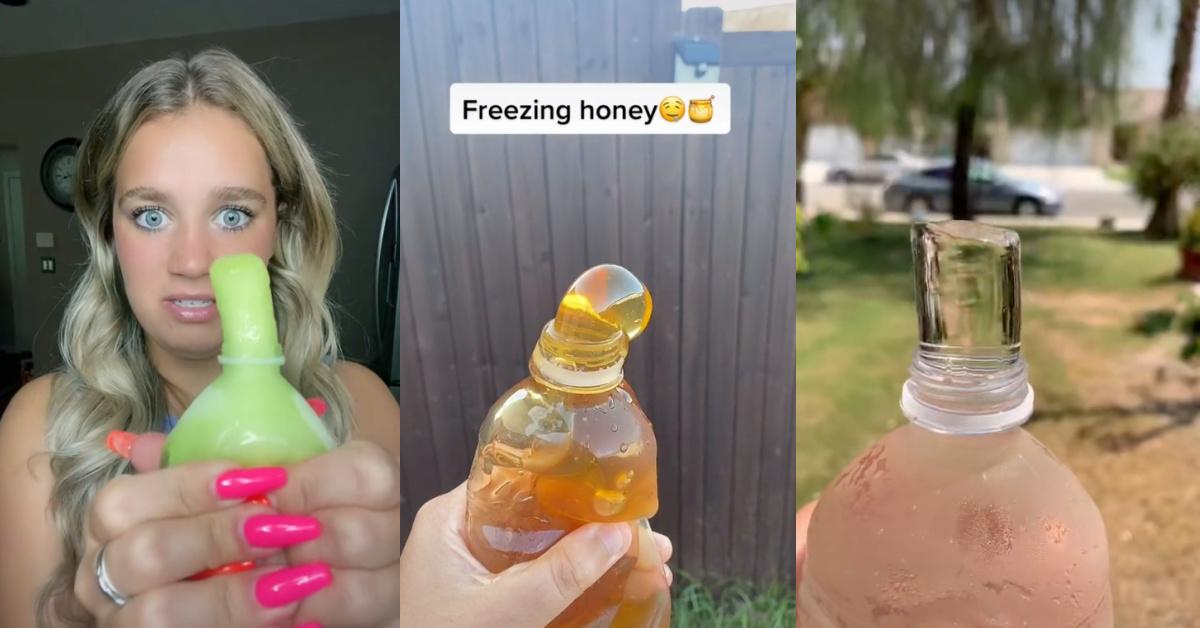
Tiktokers are not just lip-syncing to videos and audio. They are also eating frozen honey. The latest trend of freezing a bottle full of honey and then proceeding to squeeze a solid-looking golden liquid before taking a massive bite of it is not safe. Read to know why.
The story behind this dangerous TikTok trend

Right now, it is unclear where the trend originated. However, the trend has been a common content for autonomous sensory meridian response or ASMR Youtube videos. ASMR content creators eat frozen honey to make sounds that can be relaxing for some people.
However, TikTok picked this trend out of nowhere and exploded the app. Thousands of videos are being made to date. Moreover, the hashtags #FrozenHoney and #FrozenHoneyChallenge have been viewed over 600 million and 80 million times respectively. Some users are making their own variation and adding corn syrup to the concoction.
Tiktokers fall sick after #FrozenHoney

Several people complained of falling sick after eating loads of frozen honey chunks. People are experiencing bloating, stomach aches and cramps, diarrhea among other side effects. Additionally consuming large quantities of honey causes a rise in sugar load in the body. “brb, gotta go get my stomach pumped,” tweeted a user. “I feel sick now,” captioned a user under the video of herself taking part in the trend.
“I’m worried about kids going on TikTok to get their information and then following the latest trend and not tuning in to their own, internal stomach. If you try this trend once in a while and you get a stomachache — just because everyone else is doing it — be independent and you don’t have to do it, either,” said Lisa Young. Young is an adjunct professor of nutrition at NYU’s Steinhardt School of Culture, Education, and Human Development.
Here’s why you should not/stop eating frozen honey

“Honey is great, but having it in small amounts to sweeten is really a healthy relationship with food, and using it to get a lot of followers and a lot of attention and having it in excess amounts is crazy,” said Kristin Kirkpatrick, a dietitian from the Cleaveland Clinic. “Clearly, if teenagers are having too much that could be problematic,” she added.
Moreover, one in every three people has fructose malabsorption. Hence, the cells in their intestines cannot absorb the fructose and lead to gastrointestinal distress since their body cannot break it down.






